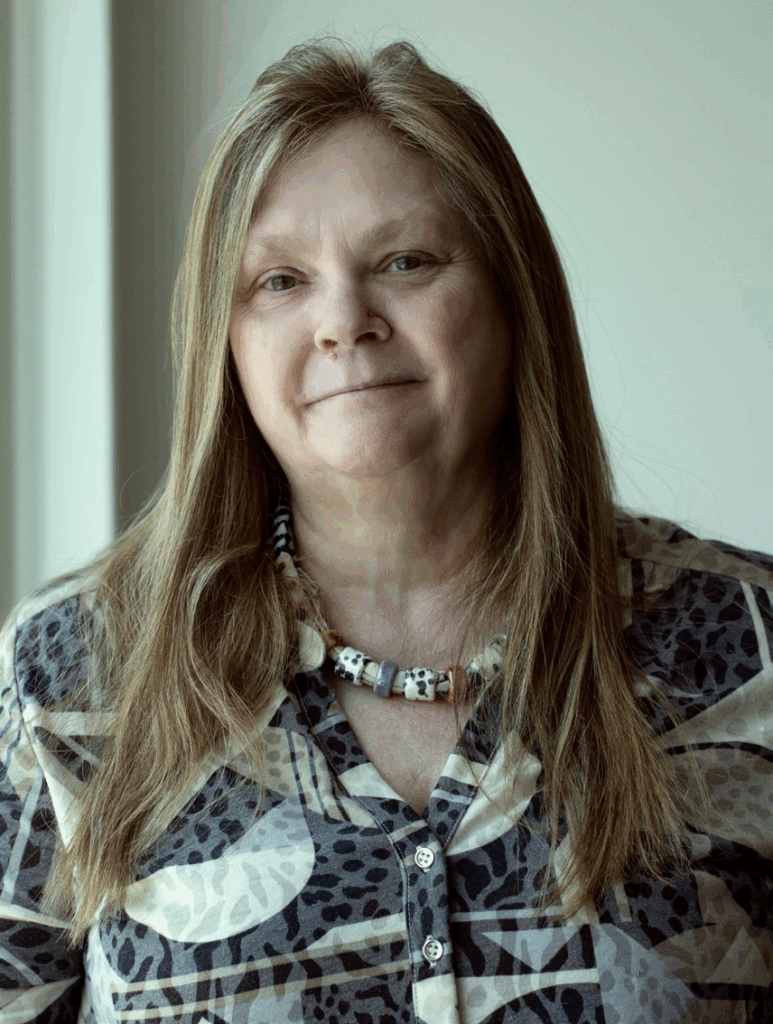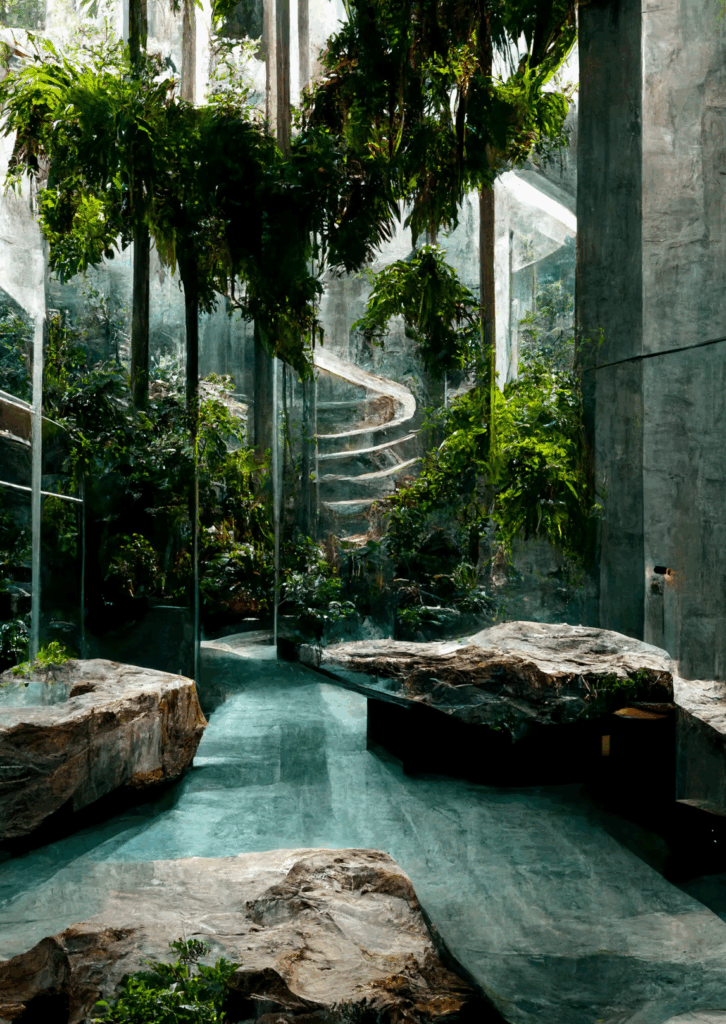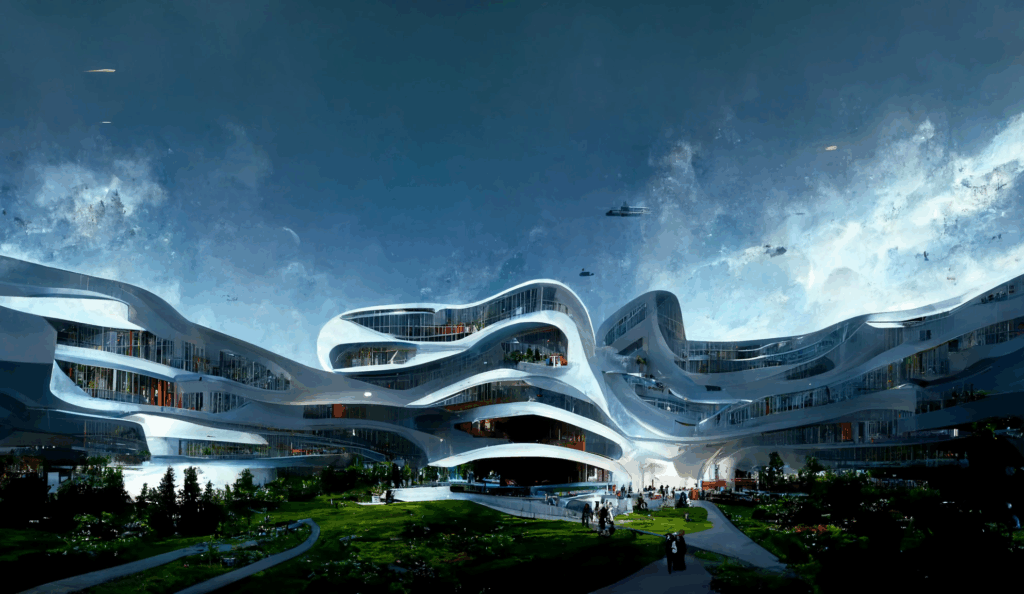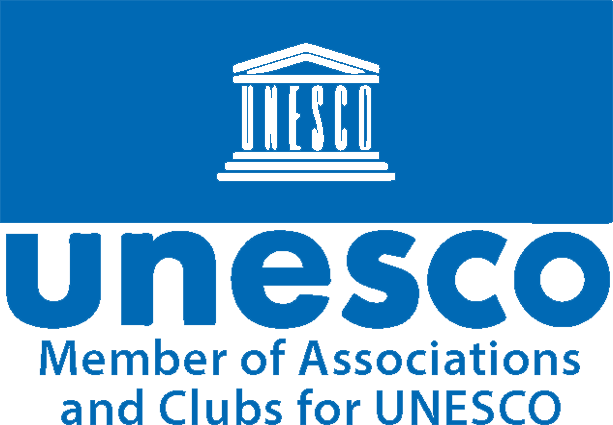
Sandra Woodall
A Fellow of the Royal Institute of British Architects, the Royal Society of Arts, and an Academician at the UK’s Academy of Urbanism Sandra regularly teaches, speaks, presents, and has projects published on Sustainable Design worldwide. She leads tangram architects and designers’ MENA studio delivering social infrastructure projects across the region, and beyond.
A passionate environmentalist, architect, urbanist, educator and mentor, Sandra has lived and worked in the UAE for almost 30 years. She leads tangram architects’ MENA region studio, described over a decade ago as “a practice that pushes the boundaries of design, with sustainability at its’ core”, and who are recipient of many notable accolades including six international sustainable design awards for five different projects in four years, and in 2019, were recognised as the “Middle East Architecture Firm of the Year”, by Middle East Economic Digest.
Sandra is a Fellow of the Royal Institute of British Architects, the Royal Society of Arts, and an Academician at the UK’s Academy of Urbanism.
She first moved to the UAE from the UK to work on the analysis, review, and development of the Al Ain City master plan, which was the fastest changing city in the Gulf at that time. Living in this desert community ignited a lifelong commitment to broadening an understanding of desert urbanism and the delivery of regionally significant schemes that respect and respond to local climatic, environmental, cultural, social, and sustainability needs.
Her subsequent project work spans from the usage of traditional materials and methods of construction in the regeneration and development of the historic Arts and Heritage Area of Sharjah, following traditional coral stone and timber construction techniques and practices. She then went on to deliver the first green-roofed Government building in Dubai as part of the development and introduction of the Green Building Regulations and Specifications across the Emirate, for which tangram realised 11 social infrastructure projects in seven years.
A state-of-the-art campus of support facilities for the Emirates Nuclear Energy Programme in Abu Dhabi followed, designed using the principles of traditional desert urbanism. Prior to completion this scheme was curated by the Architects Journal and showcased to reflect the future of British Architecture under the “export” category at the MIPIM Architecture Tomorrow exhibition.
More recently, in North Africa, Sandra is designing for health reform with a new Women and Children’s Cancer Care Hospital that utilises nature-based designs integrated within the building, forming an essential extension to the patient and staff spaces to promote the healing environment.
This hospital is located on the outskirts of a forest at the foot of the Atlas Mountains, which inspired and gave guidance for landscaping and the usage of natural materials throughout.



An atrium is carved out creating a main entrance hall that brings in natural light to the public waiting spaces below, this is supplement internally by a circadian lighting system in the depths of the nuclear medicine department, to deliver “cool” blue light during the day that transitions to “warm,” low-intensity light in the evening reinforcing the body’s natural rhythms to promote health and wellbeing.
Into this atrium a winter garden is introduced to maximise the therapeutic healing environment. Offering calming, de-stressing, and uplifting health benefits to all, bringing in views and access to the familiar and comfort found in the adjacent forest and mountain spaces.
Natural timber and stone finishes and live plantings are incorporated that include evergreen oak, Aleppo pine and cedar. Forest vegetation such as Algerian Fir, Saharan Cypress and Algerian Peony are incorporated and Desert Rose stone, typical of the nearby Souf regional vernacular, is bonded with gypsum mortar joints, prepared from the local Tafza stone.
Innovatively, paediatric isolation pods are embedded into this landscape with panoramic views, in a patient-centric approach, to allow those unable to leave their rooms to be surrounded by nature, promoting recovery for immunosuppressed children who often face lengthy and isolated in-patient stays.
Integrating the natural world into the recovery spaces to enhance and promote healing, internal environmental comfort, and wellbeing through a design which helps shape all user experiences and patient outcomes.
And, in recognising the sterile environmental protocols required for such patients, offers a much-needed accelerated healing process boosted by nature, that lush, green, and therapeutic landscapes can bring.
This scheme was recently exhibited by the UK’s Architects for Health (AfH) to showcase what makes a good health building with new health thinking and pushes the boundaries of healthcare design. AfH in the UK is the forum for sharing best practice, knowledge, innovation and thought leadership relating to healthcare design across the built environment.
In 2020, after decades of recognition in a career driving sustainable strategies and climatic responsive design solutions Sandra co-founded, produces, curates, and hosts the RIBA GULF Chapter’s Sustainable Development Series, sharing awareness, knowledge, skills, and tools with built environment professionals across the GCC.
Showcasing projects, processes and strategies that will help meet the challenges faced in delivering a regional route to realise the decarbonisation targets of the Gulf States, as they address their commitments to the United Nation’s Sustainable Development Goals.
Sandra was then invited to devise and teach the “Sustainable Design” curriculum for the newly opened architecture and interior design degree s at the De Montfort University, Dubai Campus. Subsequently, Sandra founded tangramTERRA, tangram’s sustainability division, to highlight sustainability case-studies of their regional work, and to offer an online, open resource centre for access to key regional and global agreements, guides, and toolkits for public access and use.
Currently, she is overseeing the development of tangram’s latest studio, tangramMETA formed to deliver designs for an “Hospital of the Future” programme that harnesses the potential of digital technologies and Augmented Intelligence to create virtual and extended reality spaces.
Developed for the expansion of health services to utilise telemedicine, metaphysics, and robotics to reduce the amount of patient hospital visits and to sustainably deliver healthcare equally to even those in the remotest of locations in the World.
Here, Sandra proposes designs for a hospital without walls, using advanced technologies as an exponent of sustainability, decentralising non-clinical patient, education and training spaces and locating them virtually in the Metaverse.
Designed to achieve a radical reduction in the carbon, energy, water, and waste footprints, of costly physical construction. For this work, the UAE Ministry of Industry & Advanced Technology (MoIAT) have recognised Sandra for her pioneering contribution towards sustainability and climate technology.
Published in 2A Magazine# 50, Autumn 2023

